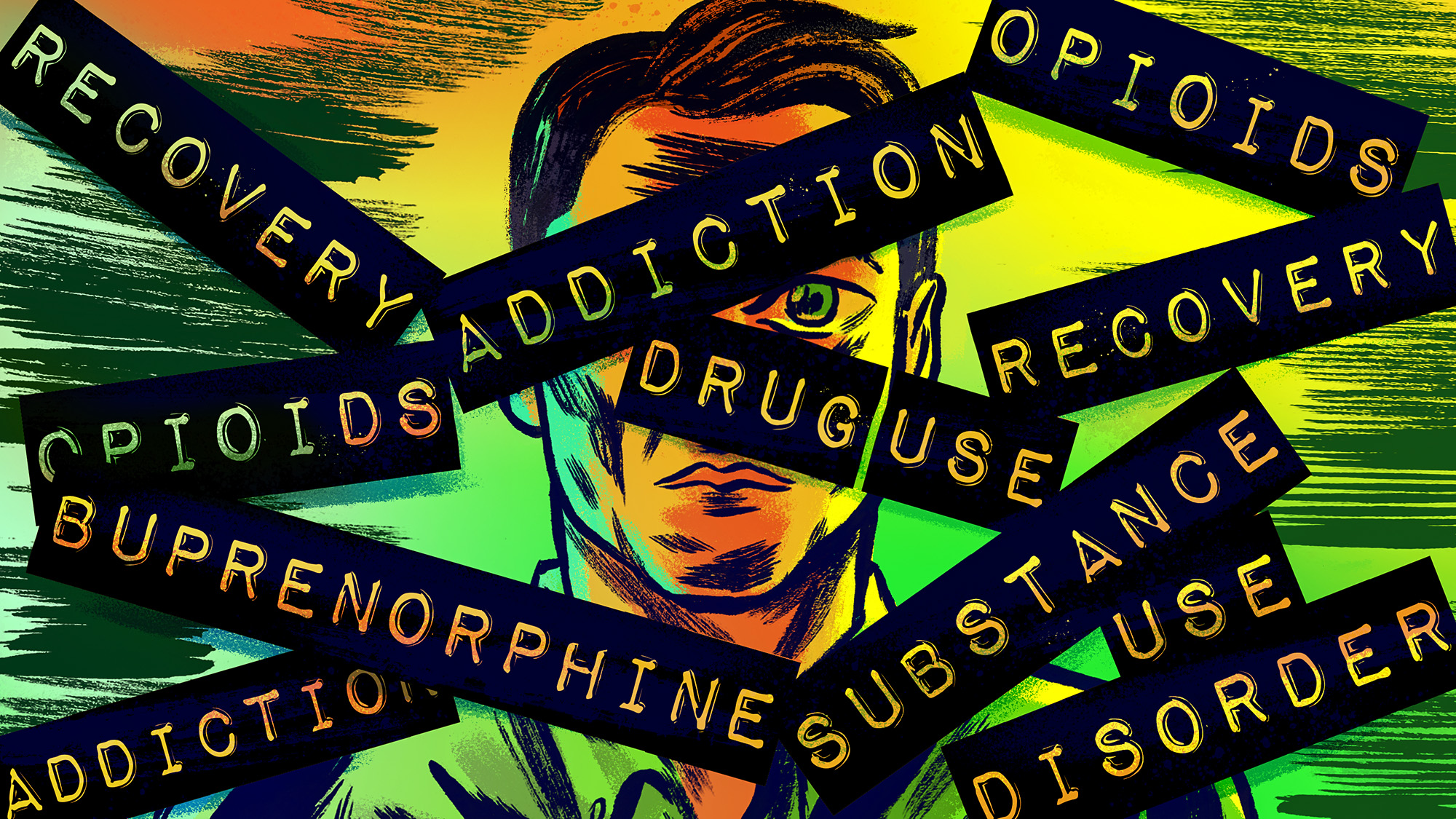Substance use disorder (SUD) treatment is a form of therapy used to treat those struggling with substance abuse. It can help individuals learn healthy coping skills and gain insight into their addiction. Unfortunately, many people are unsure of what substance use disorder treatment entails or how it works.

This guide will provide an overview of the type of treatments available and what you can expect during your recovery journey.
Types of Treatment Available
There are a variety of types of treatments available for individuals struggling with SUDs. These include individual counseling, group counseling, medications, and 12-step programs.
Individual Counseling
Individual counseling involves talking one-on-one with a therapist about your addiction in a safe and supportive environment. In these sessions, you will be able to discuss any underlying issues that may be contributing to the substance use disorder, such as depression or anxiety, and work on developing healthy coping strategies for dealing with cravings and triggers.
This type of treatment also allows you to talk openly about your feelings without feeling judged or shamed and allows you to set goals for yourself that can help you stay on track in your recovery journey.
Group Counseling: Group counseling is similar to individual counseling but takes place in a group setting rather than one-on-one. This type of therapy allows individuals to share their experiences and learn from each other’s stories while being supported by the group as a whole.
Group sessions also allow individuals to practice communication skills such as active listening, empathy, and problem-solving, which can be extremely beneficial for those recovering from addiction.
Medications
Medications play an important role in SUD treatment as they can help mitigate withdrawal symptoms and reduce cravings associated with drug use disorders. However, it is important to note that medications should only be taken under the supervision of a medical professional who understands the risks associated with certain drugs and can monitor any potential side effects.
Types of Medications
Medications are divided into two main categories: prescription and over-the-counter (OTC). Prescription medications require a doctor’s approval and are usually taken for more serious medical conditions such as diabetes or high blood pressure. OTC medications can be bought without a prescription and are typically used for minor ailments such as headaches or allergies.
Side Effects
It is important to remember that all medications have potential side effects. Some of the most common side effects include nausea, dizziness, headache, drowsiness, dry mouth, and constipation. Talk to your doctor immediately if you experience any of these symptoms while taking medication.
It is also important to talk to your doctor if you have any questions or concerns about the medication you are taking—they can answer any questions you might have and provide advice on how best to manage your medication regimen.
Twelve-Step Programs
Twelve-step programs are another popular option for treating SUDs, as they provide structure, support, guidance, and accountability throughout recovery.
These programs involve working through twelve steps over time which focus on taking ownership of one’s actions, making amends for past mistakes, accepting responsibility for current behavior patterns, and learning how to live life without relying on drugs or alcohol as coping mechanisms.
It’s important for those struggling with substance use disorders to understand that there is no one size fits all approach when it comes to treatment options; different therapies work better for different people depending on their individual needs and preferences.
However, regardless of which path you choose, there is hope—with hard work and dedication, it is possible to make lasting changes in your life that will lead you toward a healthier future free from addiction. With the right support system in place—whether through family members, friends, therapists, etc.—you can find success in your sobriety journey!
